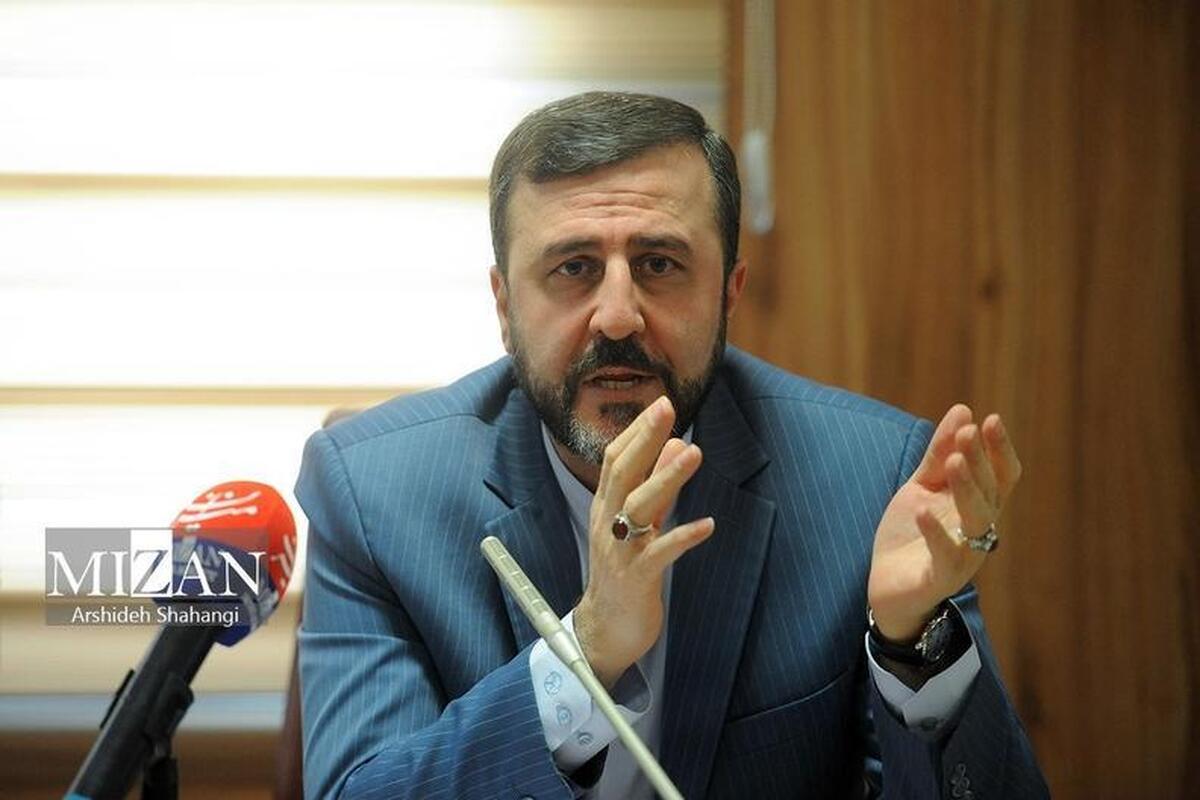Iran's enrichment program has no military goals

Kazem Gharibabadi, Deputy Minister of Legal and International Affairs of the Ministry of Foreign Affairs, wrote in a message: In an interview with the Italian news agency ANSA, Grossi, the Director General of the International Atomic Energy Agency, stated that Iran is rapidly approaching the status of a nuclear state and enriching uranium to military levels. The realities of Iran's nuclear program require a new understanding, and the JCPOA is no longer applicable.
First, a specialized organization's director general is supposed to base their remarks on the technical reports and facts provided by the Agency's inspectors. It is against the letter and spirit of the Agency's Statute and outside the Director General's responsibilities to read intentions based on speculative scenarios. Second, Iran's nuclear program is being developed in accordance with technical requirements and is being conducted under the Agency's strict supervision.
Third, the Director General's politically charged remarks cannot disregard the fact that relevant international documents acknowledge respect for national decisions and policies regarding the peaceful use of nuclear energy, including the fuel cycle (enrichment). Fourth, there are no military goals behind Iran's enrichment program. Regarding the degree of enrichment, it should be mentioned that the Non-Proliferation Treaty does not impose any restrictions on enrichment as long as it is overseen by the Agency and stays true to peaceful goals.
By establishing an artificial threshold for enrichment for peaceful purposes, the Director General's remarks blatantly violate countries' rights and exacerbate other forms of discrimination within the non-proliferation system. Fifth and last, the primary reason for the current state of affairs—the other parties' inability to carry out their responsibilities under the JCPOA and the United States' unilateral withdrawal from it—was never addressed in Grossi's remarks. The international community's confidence in UN institutions to accurately explain the facts by the highest relevant authorities is weakened when this issue is not brought up in a biased action.
According to this viewpoint, fair and productive discussions founded on respect for one another and well-balanced commitments—including in the area of lifting sanctions—will be a long-term solution, whether or not the JCPOA is pertinent.